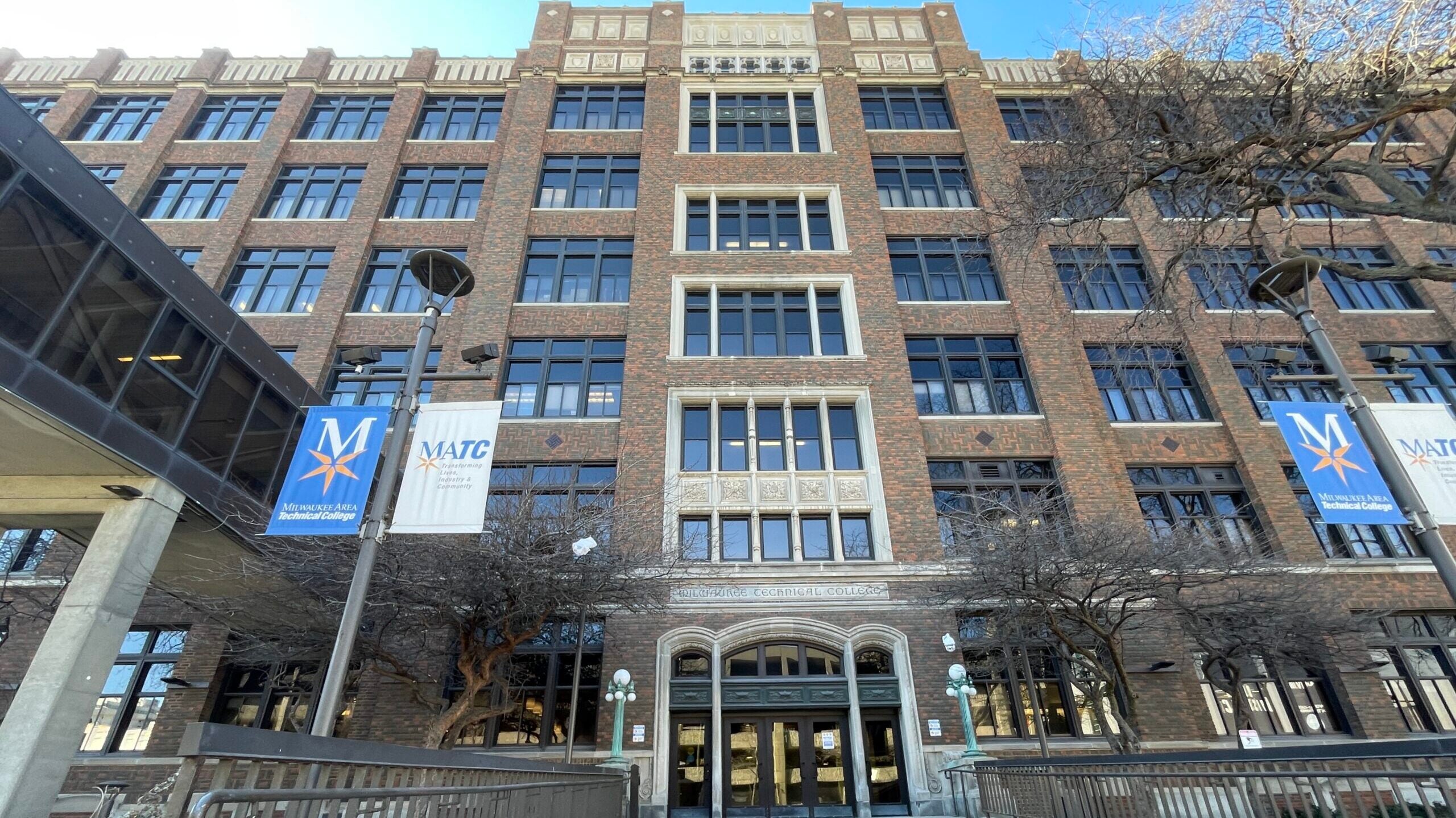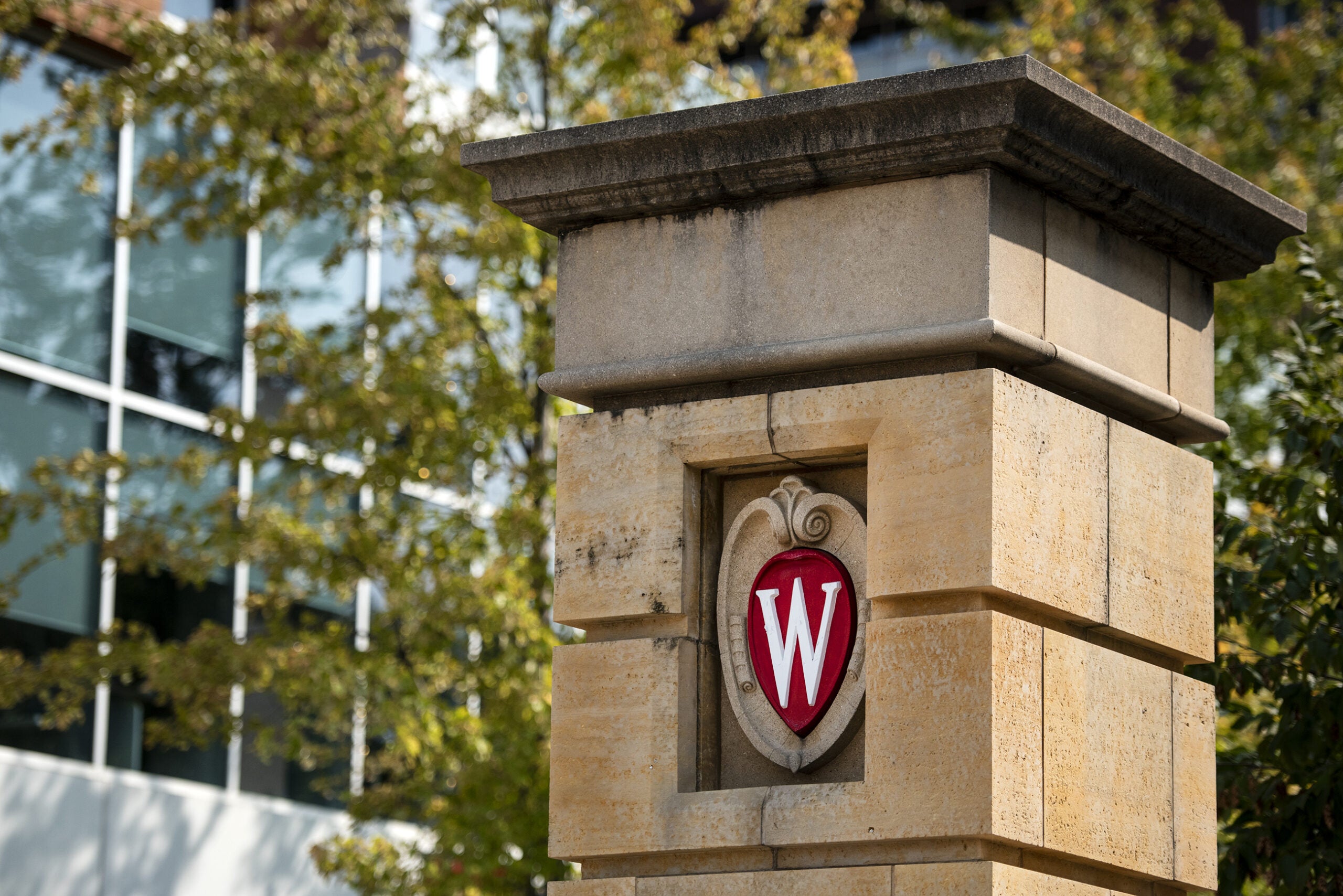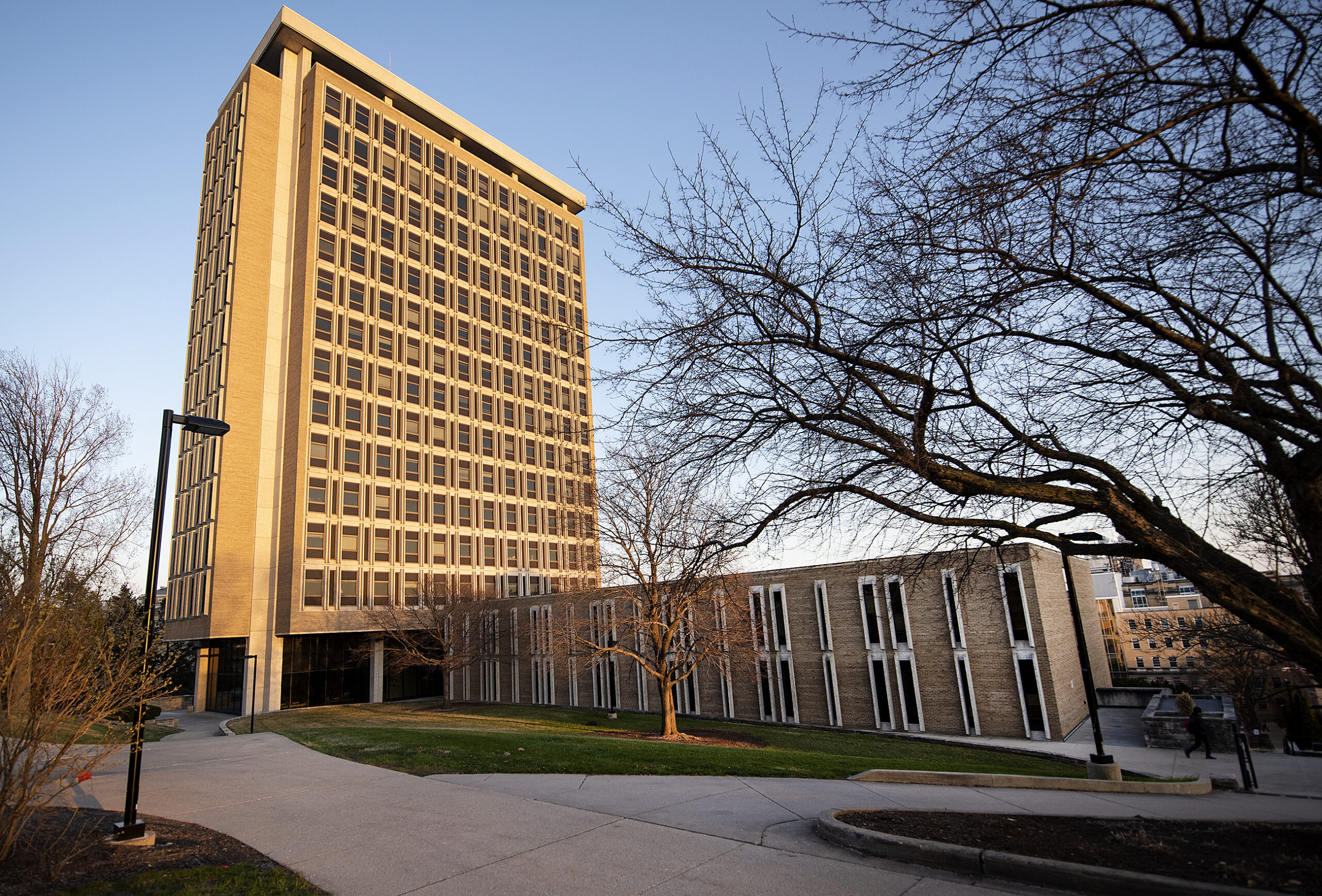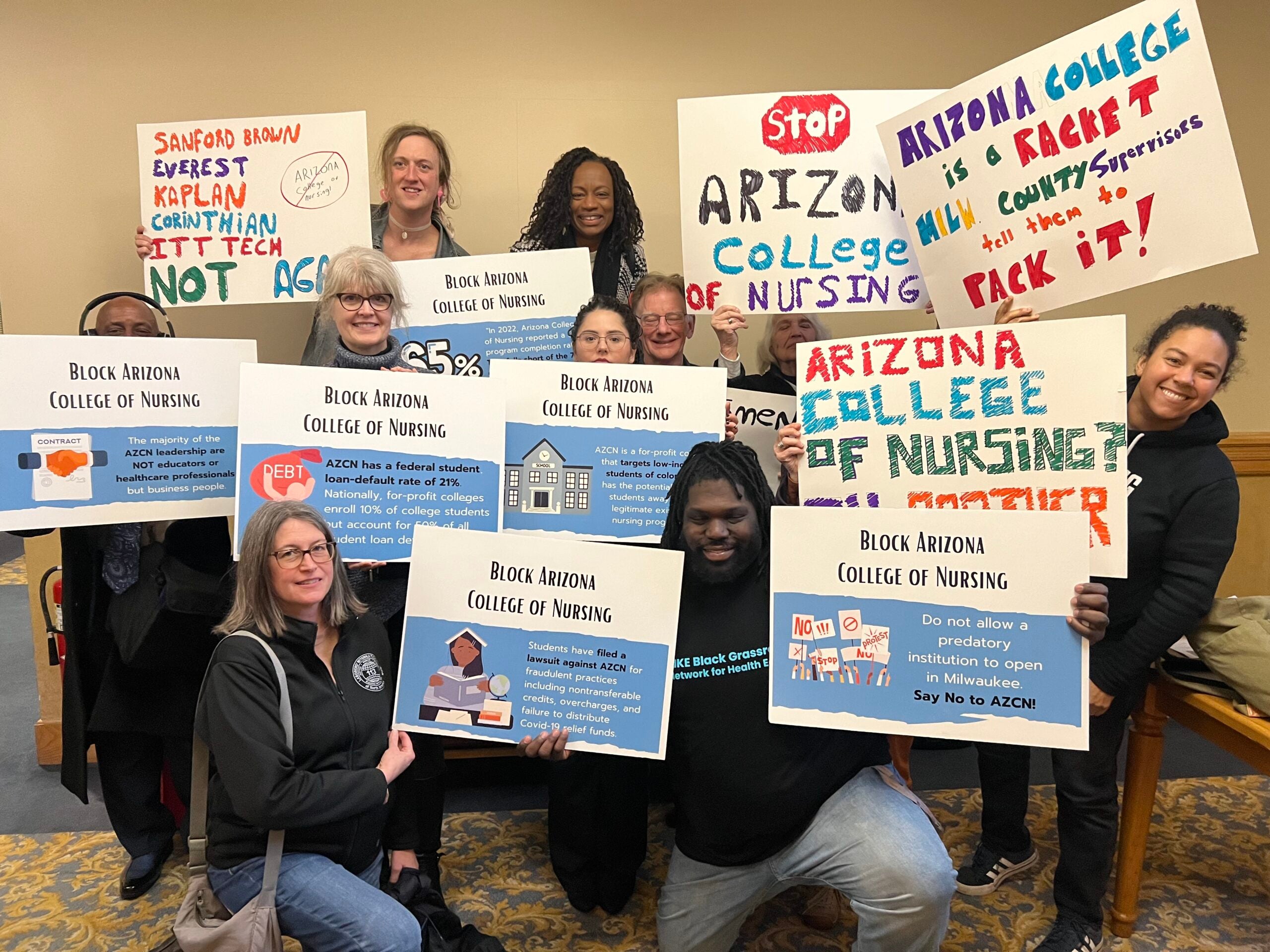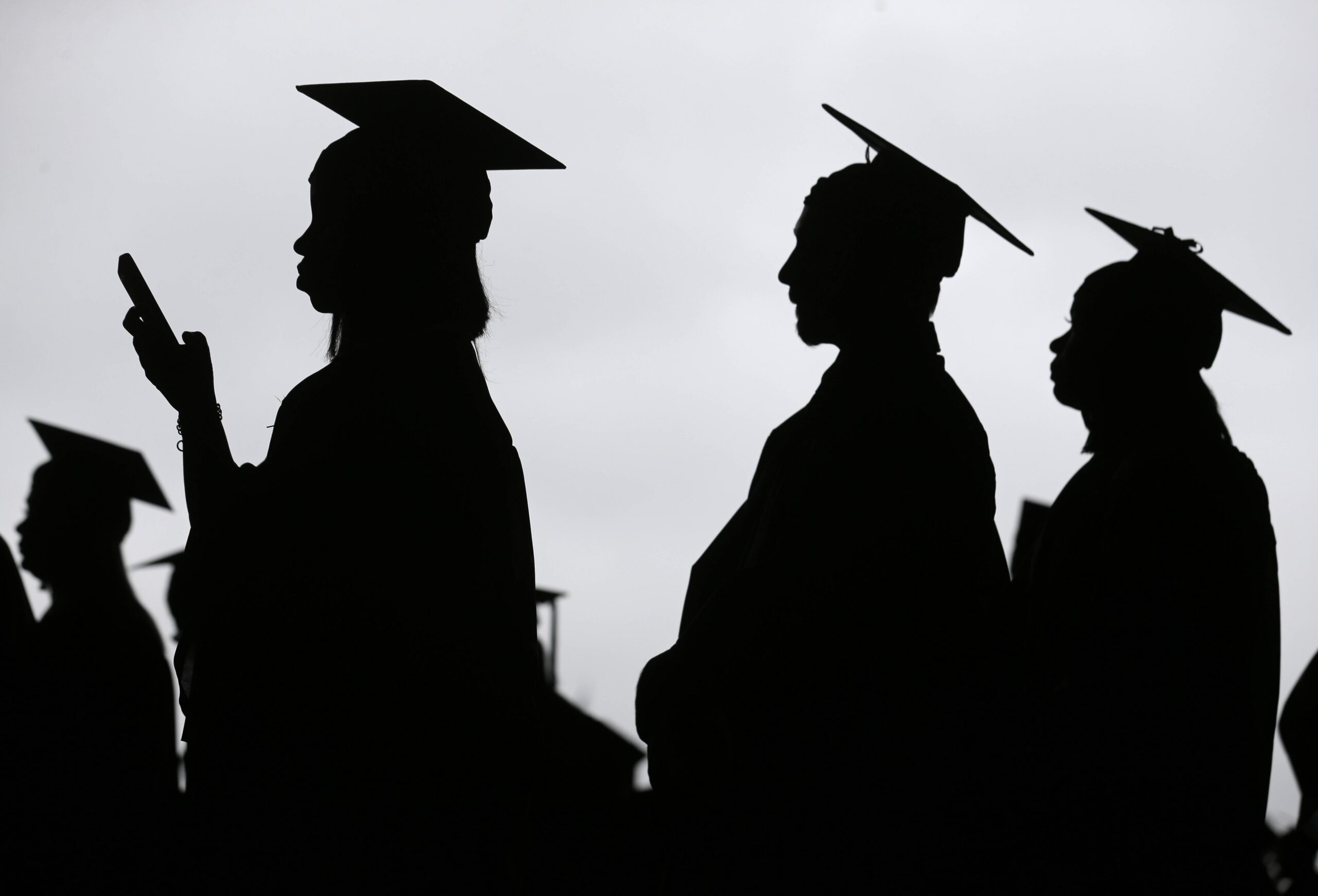The expansion of a Ho-Chunk gambling hall into a larger casino has members of other Wisconsin tribes concerned, and a reporter tells us why some tribes feel its a breach of an earlier compact. Change is the only constant– but what about megachange? We talk to an expert about why he believes we should get used to change in a new world where dramatic shifts come faster and on a wider scale. We also find out about citations issued by state health inspection of the Veteran’s Home at King. Students of Wisconsin technical colleges may face more debt than ever before. Our guest, an educational policy expert, tells us who is most at-risk.
Featured in this Show
-
Two Wisconsin Tribes Oppose Ho-Chunk Casino Expansion
Some Wisconsin tribes have asked the state Department of Administration to block plans to expand a Ho-Chunk gaming hall into a larger casino with an attached hotel. A reporter who has been covering the story tells us why.
-
Wisconsin Tech College Students Face Higher Debt
Recent figures show an increase in debt seen by students of Wisconsin technical colleges. Our guest — an educational policy expert– says that those with higher amounts of student debt might not be the most at risk. We find out more.
-
Technical College Student Loan Debt On The Rise In Wisconsin
Attending a technical school is one way to access higher education at a lower cost. But new numbers from the U.S. Department of Education show students who attend Wisconsin’s technical colleges are facing rising costs.
The USA Today Network-Wisconsin reported the typical debt of students at Fox Valley Technical has more than tripled over a four-year period, while Waukesha County Technical College graduates had a debt increase of $6,000.
“The average loan, at least with most recent data, is about $4,700, and that’s for one year of school, and the average tuition is about $4,300,” said Nick Hillman, an associate professor in the Department of Educational Leadership and Policy Analysis at the University of Wisconsin-Madison.
While those numbers back up an assumption that students take out these loans to pay for tuition, Hillman said they also pay for non-tuition expenses, like bills, living expenses and caring for dependents.
“Yes, tuition is rising, but these other non-tuition expenses are rising at the same time that family incomes are flattening, and so there’s just a lot of financial need out there that students are turning to loans to utilize, to cover those needs,” he said.
Hillman said there’s a mental shortcut that happens associating high debt with high levels of student loan debt defaults, but the reality is actually the opposite. It’s the students who have low debts, who maybe just enrolled in one semester of technical college, who are more likely to default.
“They’re struggling with small, relatively small, loans because they don’t have that credential that helps them earn higher earnings in the labor market, so you have debt and no degree,” he said.
When calculating a manageable level of debt for a college graduate, Hillman said it’s important to bring in earnings. For example, a doctor might go into the market with very high levels of debt, but also has a high level of earnings. From a policy perspective, that’s not a problem since the doctor can likely repay those debts.
Hillman said it’s a real concern students will not go to college at all because of student loan sticker shock. He said he gets worried when he hears talk of giant debt loads burdening people and preventing them from being independent in the economy, because the opposite is also true.
“Loans can help people invest in themselves and without that loan they would never have had a shot at trying to change career paths or have higher earnings later down the road…the biggest cost is not enrolling in the first place in many cases,” he said.
-
Megachange: Economic Disruption, Political Upheaval, And Social Strife In The 21st Century
Our guest argues that big, unexpected changes have become the new normal, from social changes like the acceptance of same-sex marriage to international conflict, such as the spread of ISIS-fueled terrorism. He explains why there have been so many dramatic shifts and shares how to deal with big changes.
Episode Credits
- Rob Ferrett Host
- Kate Archer Kent Host
- Haleema Shah Producer
- Aarushi Agni Producer
- Amanda Magnus Producer
- Matthew DeFour Guest
- Nicholas Hillman Guest
- Darrell West Guest
Wisconsin Public Radio, © Copyright 2025, Board of Regents of the University of Wisconsin System and Wisconsin Educational Communications Board.
